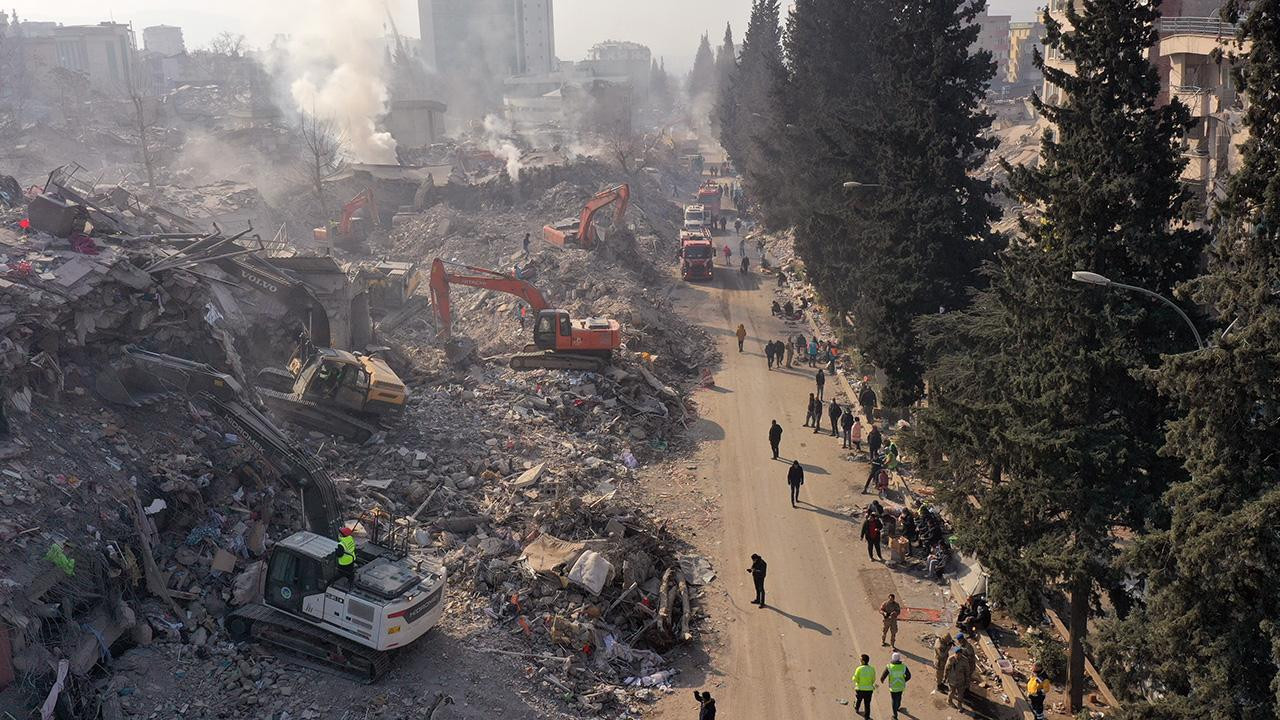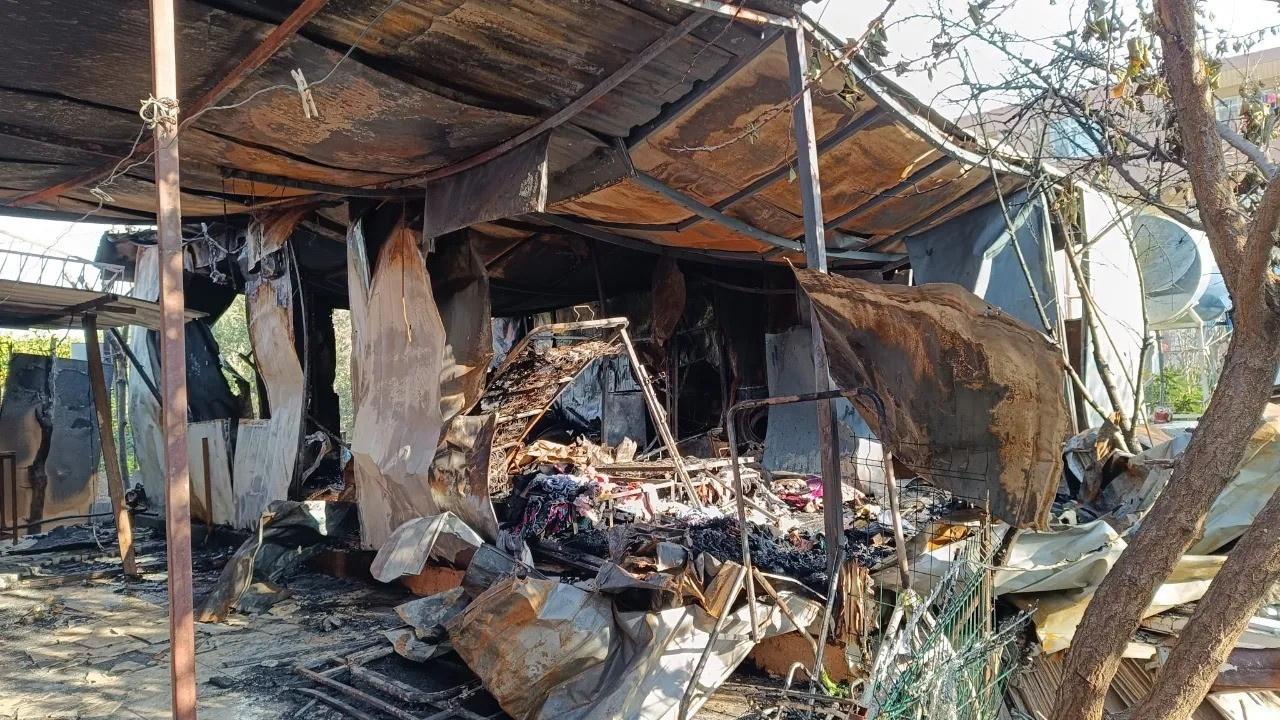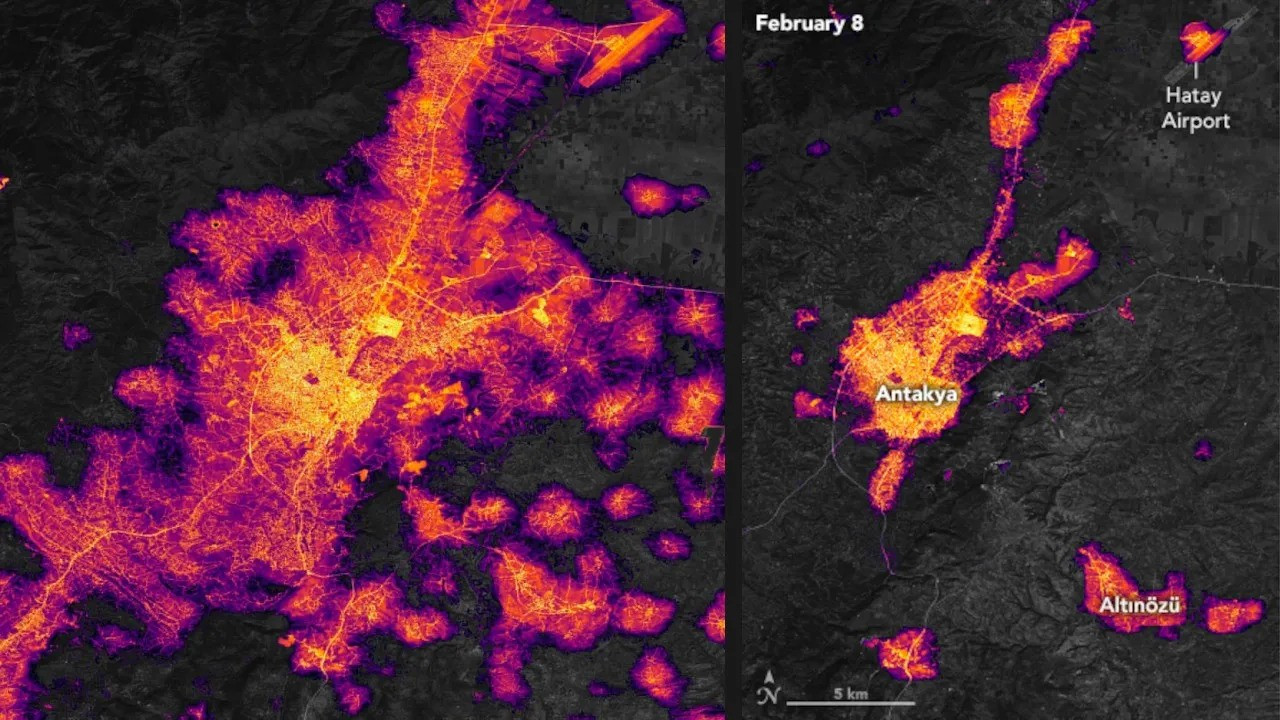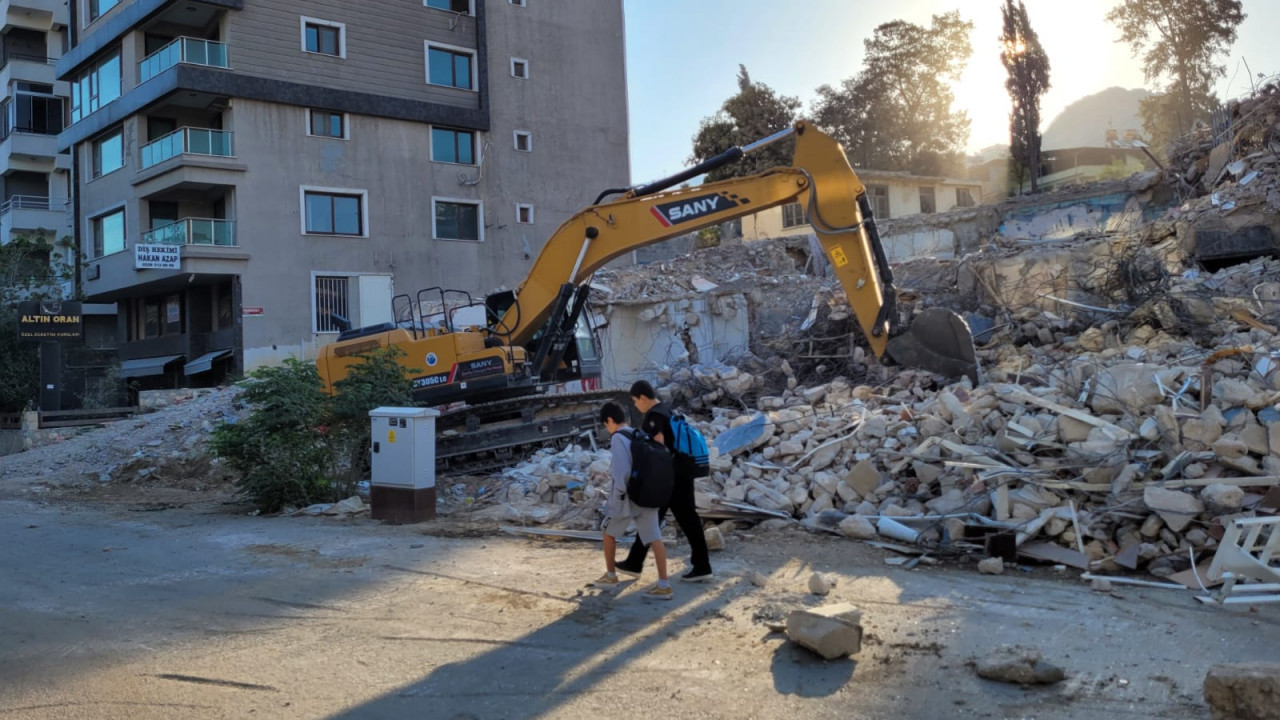Children in Turkey's quake region fail to thrive due to malnutrition, TTB reports
Turkish Medical Association (TTB) found that children in the quake-torn Hatay province exhibited slow growth because of malnutrition. The association reported living conditions in the region had to be improved, and food aid for families in need had to include more variety.
Duvar English
Research by Turkish Medical Association (TTB) reported that children younger than five exhibited slower–than-average rates of growth in the earthquake-torn southeastern Hatay province. The report found that children did not have access to fresh and healthy food, which led to malnutrition.
The association surveyed 564 children and families in the affected area about their eating habits and food supply. Findings suggested a combination of failed infrastructure and aide programs led to problems in nutrition, which would have long-term effects, reported the daily BirGün.
One-third of the families surveyed had no consistent access to food, whereas one in ten families did not have kitchens, as they lived in tent or container cities after the earthquake. The report noted that no fresh produce was available around the tent cities, limiting access to fresh food.
Most significantly, the research found that children younger than five were shorter and weighed less than average. Over six percent of children under the age of five were shorter than average, and nine percent were thinner. The refugee population had a bigger problem with malnutrition, as 8.8 percent of children were shorter than average.
According to the survey, half of the babies could not have breast milk. Relatedly, shorter-than-average heights occurred most in babies younger than two.
The report pointed out that the families could not afford fresh and various foods, and the inconsistent 3,000 Turkish lira (100 dollars) government assistance did not help to improve food security in the area.
Water scarcity due to faulty infrastructure meant that almost half of the families had no or insufficient access to clean water. Additionally, meat and dairy products were the most difficult food group to access for families, with children consuming around five percent of the necessary amount.
TTB laid out some precautions to minimize food insecurity in the region. Among the most urgent was providing every household with kitchens, and improving the conditions of existing kitchens.
The Association suggested that the food aid boxes frequently distributed in the area by the Turkish disaster management agency AFAD should include protein sources for kids, in addition to dried and canned goods. The fair and just distribution of the boxes should also be ensured.
Nutrition of nursing mothers in the area had to be supported, stated the report, to ensure newborns can breastfeed for the recommended six months.
Most importantly, the persistent infrastructure problems with water and power should be minimized to ensure hygiene in the crowded camps, concluded the report.
The Feb.6 earthquakes affecting 11 of Turkey's southeastern provinces claimed 53,537 lives according to the most recent update by Interior Minister Ali Yerlikaya. 107,213 people were injured in the two earthquakes (magnitudes 7.7 and 7.6).
Hatay was the province with the highest death toll, as 20,000 people died and 13,000 buildings collapsed. Many displaced residents still live in temporary housing units, as the anniversary of the earthquakes approaches.


 Turkish authorities update death toll of Feb. 6 earthquakes to 53,500Domestic
Turkish authorities update death toll of Feb. 6 earthquakes to 53,500Domestic Two children from Turkey's quake-torn Hatay die in container home electrical fire Domestic
Two children from Turkey's quake-torn Hatay die in container home electrical fire Domestic Satellite images reveal extent of Feb. 6 quake destruction in HatayScience & Tech
Satellite images reveal extent of Feb. 6 quake destruction in HatayScience & Tech Teachers worry about scabies epidemic risk in earthquake-torn Hatay schoolHuman Rights
Teachers worry about scabies epidemic risk in earthquake-torn Hatay schoolHuman Rights